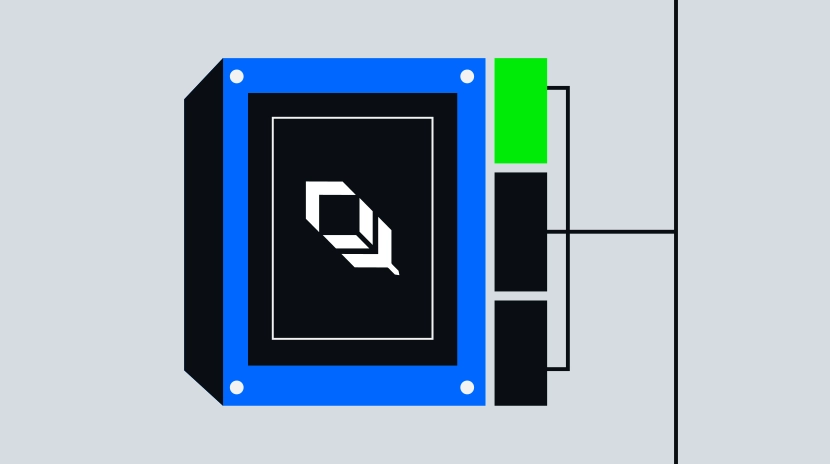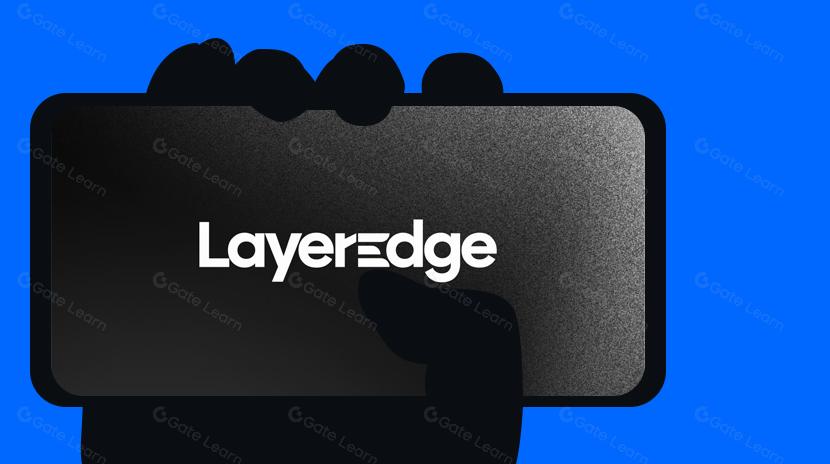With Ethereum Gas Fees Dropping, What Core Problems Are L2s Still Solving?
From the current results, with the gas fee on the Ethereum L1 mainnet dropping to a 5-year low, many projects feel that deploying on L1 doesn’t seem impossible after all, so many people will ask, what core issues are L2 currently solving?

There is an ancient topic called the impossible triangle of blockchain. According to Vitalik’s explanation, it means that you can only choose two out of three: [security], [decentralization], and [scalability]. Returning to the essence of the technology, this is the problem that L2 should solve: First, the state summary is placed on L1, maintained by the mainnet for [security]; Second, efforts are made on the sorter to maintain [decentralization] as much as possible; Finally, [scalability] is achieved as cleverly as possible off-chain by L2.

Different L2 solutions have their own strengths and weaknesses, and everyone is familiar with OP Rollups and ZK Rollups. Today I want to talk about something different, like Based-Rollup. The Based L2 solution was also proposed by Vitalik Buterin early on, and L2 solutions like Taiko have been promoting the Based Rollup idea. PS: Note that it is Based, and it has nothing to do with Coinbase’s Base, which is also OP-based. As we know, a standard OP-based L2 system gives a lot of power to the sequencer, which can decide whose transactions come first and whose come last, and even if it doesn’t act maliciously, it can profit from MEV. This is also why, for example, Metis proposes to create decentralized sequencers. Different L2s have different approaches to handling MEV: for example, Arb advocates for fair treatment of MEV (strictly following first-come, first-served), while OP encourages it, believing that MEV is a free market activity, thus taxing MEV. But regardless, L2 sequencers hold a significant position. Therefore, Based-Rollup chooses to take action against sequencers—its philosophy is to directly let ETH L1 do the sequencing, thereby limiting the power of L2 sequencers.taikoxyzA picture in the document:

You can see that it is a three-step process: First, the L2 seeker packages L2 transactions and sends them to the L2 block Builder; Second, the L2 block Builder constructs the block; Third, the L1 seeker includes the L2 block in the block they build on L1. Here, the L1 seeker and L2 builder can be the same person. This is another clever “doing two jobs” idea, as the equipment performance of the L1 seeker has redundancy, and doing one more block construction for Taiko L2 has no pressure at all. To make an inappropriate analogy, if ETH and L2 are compared to the relationship between a province and a city, then the idea of Based Rollup is: let the mayor (L2 builder) also serve as the deputy governor (L1 searcher), which actually utilizes L1 resources to protect the security of L2. Taiko has been a whole year since TGE, and Token Unlock will soon begin, so Taiko has also brewed a new idea over the past year, called Based Booster Rollup/BBR.

Booster Rollup can also serve as a mirror of L1, which is quite an interesting idea. However, due to space limitations, the analysis of Booster Rollup will be discussed in the next article.
Declaration:
- This article is reproduced from [0xTodd] The copyright belongs to the original author [0xTodd] If you have any objections to the reprint, please contact Gate Learn TeamThe team will process it as soon as possible according to the relevant procedures.
- Disclaimer: The views and opinions expressed in this article are solely those of the author and do not constitute any investment advice.
- Other language versions of the article are translated by the Gate Learn team, unless otherwise mentioned.GateUnder such circumstances, it is prohibited to copy, distribute, or plagiarize translated articles.
Related Articles

Exploration of the Layer2 Solution: zkLink

What is Plume Network

A Comprehensive Guide to LayerEdge

Battle of Public Chains: Analyzing the On-Chain Data and Investment Logic of ETH, SOL, SUI, APT, BNB, and TON

What is Conduit
